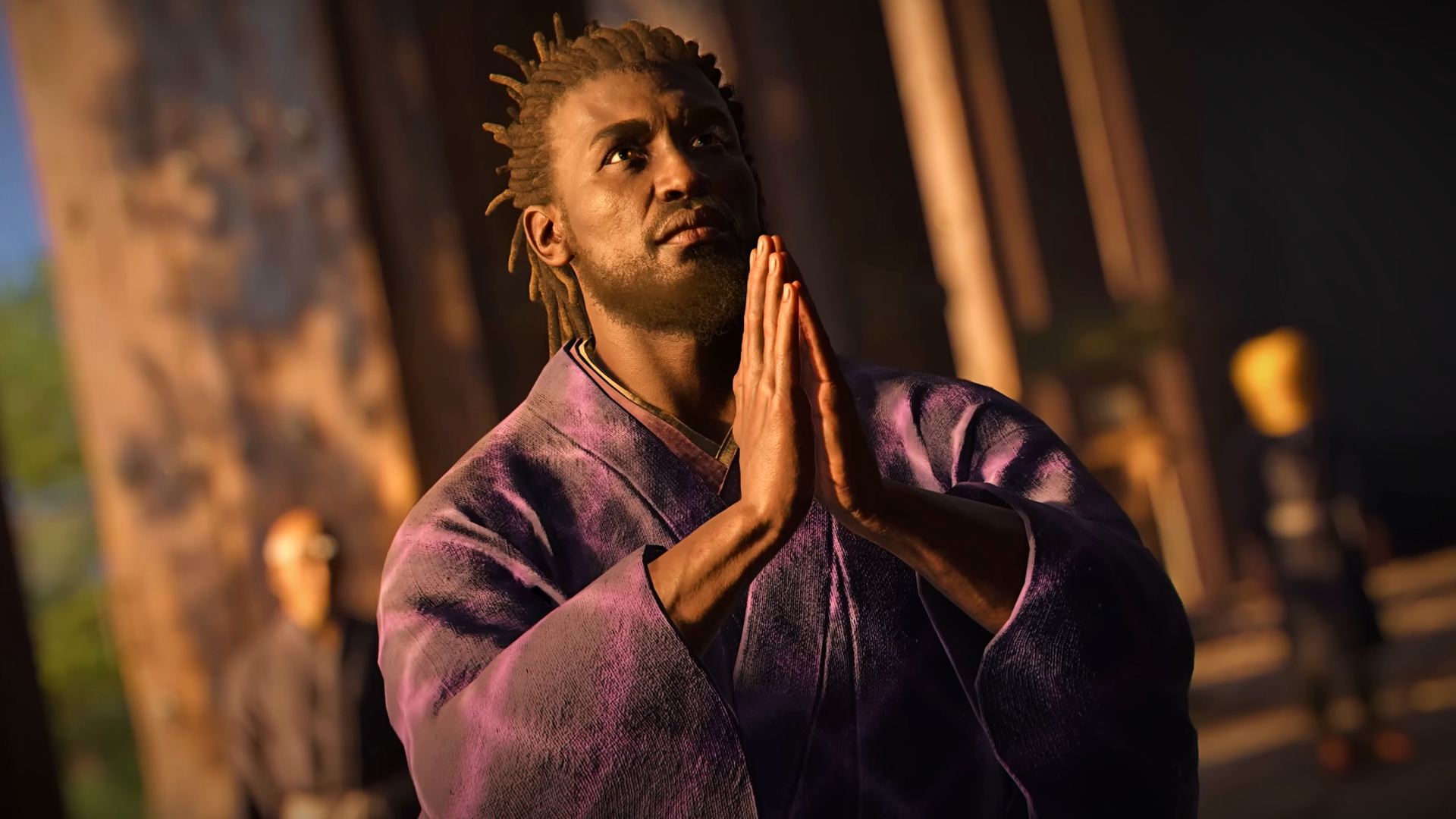
(Image credit: Ubisoft)
Ubisoft has unveiled plans for a brand new subsidiary focused on the beloved franchises Assassin’s Creed, Far Cry, and Rainbow Six. This venture comes with an impressive enterprise valuation of €4 billion (approximately $4.3 billion USD), with Tencent investing €1.16 billion to secure a 25% minority stake.
Yves Guillemot, CEO of Ubisoft, stated in a press release, “By establishing this dedicated entity and enlisting Tencent as a minority partner, we are crystallizing the value of our assets. We’re fortifying our financial foundation and setting these franchises up for long-term success.”
This new subsidiary will encompass the development teams for Tom Clancy’s Rainbow Six, Assassin’s Creed, and Far Cry stationed in Montréal, Quebec, Sherbrooke, Saguenay, Barcelona, and Sofia. Additionally, it will manage both existing back-catalog titles and upcoming projects, securing a “worldwide, exclusive, irrevocable, perpetual” license for these iconic IPs and remitting royalties to Ubisoft as the parent company. The transaction is expected to close by year-end.
Tencent, which had already held a 10% stake in Ubisoft prior to this new deal, assures that the subsidiary will “remain exclusively controlled and consolidated by Ubisoft.” Speculation about this strategic move commenced earlier this month, linked to potential buyout rumors dating back to 2024. While Ubisoft refrained from addressing these reports directly, the company acknowledged it was “exploring different options” for its financial strategies.
This initiative follows a challenging period in 2024 marked by the protracted development and release of Skull & Bones, the brief debut and closure of XDefiant, and “softer than expected” sales for Star Wars Outlaws. These issues contributed to “polish” delays for Assassin’s Creed Shadows, which eventually launched last week to near-record success for the series.
The latest installment, Assassin’s Creed Shadows, was optimized for PS5 and Xbox Series X with a focus on adding “dynamism” to its open world, although developers are particularly proud of their advancements in rendering trees.